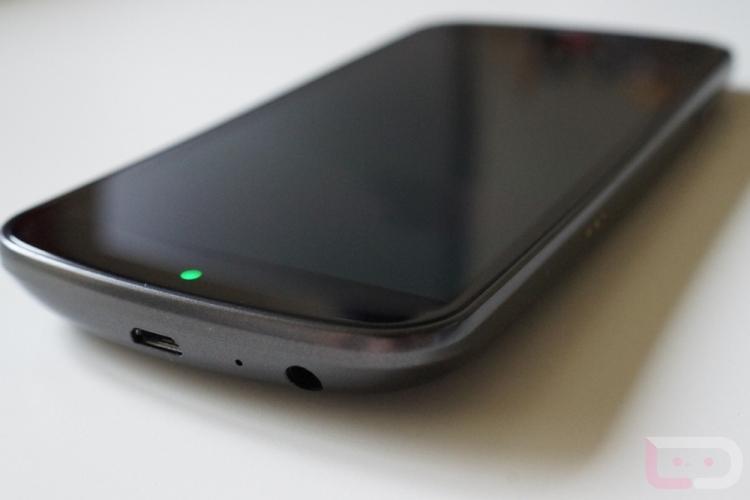
The arrival of the long awaited Nexus 5 and Android 4.4 KitKat also brought along much speculation as to which phones would be receiving the new major update, as well as when. One of the first to respond was HTC, which could be seen as surprising given the track record that HTC has had regarding updates to their Android devices (read: not good) We can also expect to see KitKat arrive on other flagships recently released such as the Samsung Galaxy S 4, Moto X, and of course last year's Nexus device, the Nexus 4.
One of the most intriguing aspects of KitKat was that it was seemingly a step in the right direction when it came to improving the OS while lowering the spec standards needed to run it. The assumption was that KitKat would be able to run on older, or at least lower-end, devices. Although this is still very much the case, I was very surprised to see that KitKat would not be giving a break to the Galaxy Nexus due to the fact that the Galaxy Nexus, released in 2011, has surpassed its 18-month life cycle for updates.
I don't know about you guys, but 18 months isn't that long of a time period, especially in an industry that expects you to stick with the same phone for anywhere from 20 to 24 months.
I mean, I do get it; when it comes to Android, there are so many devices out there running on the platform and pressure to always have the latest and greatest hardware that it would probably take a lot more effort than anybody is willing to give in order to stay on top of updates for a full two years for all devices. I get that. But at the same time, it seems that the Galaxy Nexus has always gotten the short end of the stick when it comes to Android. It's that middle child that everybody seems to forget about - unless you have one, of course. I mean, the CDMA versions of the device only just started receiving Android 4.3. With them being Nexus devices, I'm sure most people were under the impression that they would be one of the first to get Android 4.3, whether it was CDMA or not. Better late than never though, right? Maybe a little bittersweet knowing that there will never be another official update from Google, but...
Perhaps now would be a good time to talk about the joys of rooting.
Perhaps it's the ideal that came from Apple that phones should at least be able to last for like, 3 years before updates stop coming through that spoils me into thinking this way. Just as 18 months seems like it's too short, 3 years seems freakishly long for continued support - but at the same time, I can't complain. I would rather the support last too long rather than too short. These are expensive little pieces of technology we are carrying around in our pockets, and I would like to get the most out of them before I feel like I have to move on in order for anybody to pay attention to me.
I don't know, normally I never really cared. 18 months was just how Android worked. I think it was this whole bit about KitKat working really well with low-end devices that made me think that surely manufacturers would want to push out KitKat to people carrying older flagships that still have more than enough to run the updated OS. And yeah, the Galaxy Nexus might be 2 years old but it still has more than enough to run KitKat. It seems a little silly just to hold out simply because it surpassed that 18-month mark. And I imagine if this is the case with an older Nexus device, we can expect several others to be overlooked as well.
What do you think, readers? Do you think 18-month life cycles for Androids regarding software updates is too short, or do you think it's long enough? Let us know your thoughts in the comments below!
Image via Droid-Life